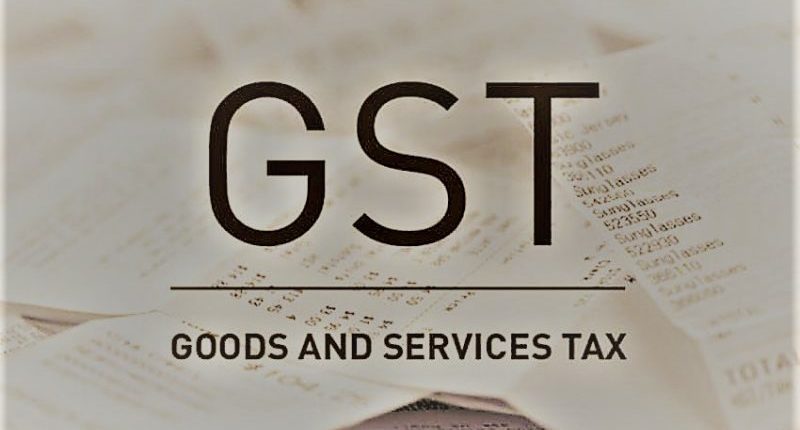Auto components industry body Automotive Component Manufacturers Association (ACMA) urged the government for a uniform Goods and Services Tax (GST) rate of 18% on all auto parts to curb the frauds in the aftermarket operations.
ACMA President Sunjay Kapur added that the industry has significant aftermarket operations troubled by grey operations and counterfeits due to the high 28% GST rate. So, the association suggested a moderate rate of 18%, which will address the aftermarket operations challenge and enhance the tax base through better compliance.
The ACMA also requested the government to consider the upward revision of Remission of Duties and Taxes on Export Products (RoDTEP) rates. The present notified rate of 1% or lower is inadequate to cover the burden of unrefunded taxes and duties paid on export products, thereby hampering the competitiveness of the Indian auto component industry.
The ACMA welcomed the government’s policy announcements on the Production Linked Incentive (PLI) schemes for Advanced Chemistry Cell (ACC) battery, auto and auto components, and extension of the 2nd phase of Faster Adoption and Manufacturing of Hybrid and Electric Vehicles (FAME) scheme. These steps will allow the Indian automotive sector to become an integral part of global automotive value chains.
The association pointed out that the auto components industry must invest in newer technologies amid the government’s focus on the environment, energy security and vehicular safety. The government should facilitate investments for capacity building, encouraging R&D and new product development to encourage this move.
Also, the association seeks reintroduction of the investment allowance of 15% for manufacturing companies that invest more than Rs 25 crore in plants and machinery. This move will motivate manufacturers to invest in new technologies, specifically e-mobility and components related to plants and machinery.
ACMA also suggested that retaining the weighted tax deduction on R&D expenditure is critical to encourage domestic R&D and testing. The Budget 2016-17 reduced weighted deduction benefit from 200% to 150% and has further restricted the deduction to 100% from 1st April 2020.
Apart from these recommendations, ACMA said it has also made several suggestions to ease the cost of doing business in India.
For any clarifications/feedback on the topic, don’t hesitate to contact the writer at dvsr.anjaneyulu@cleartax.in.
DVSR Anjaneyulu known as AJ, is a Chartered Accountant by profession. Loves to listening to music & spending time with family and friends.





